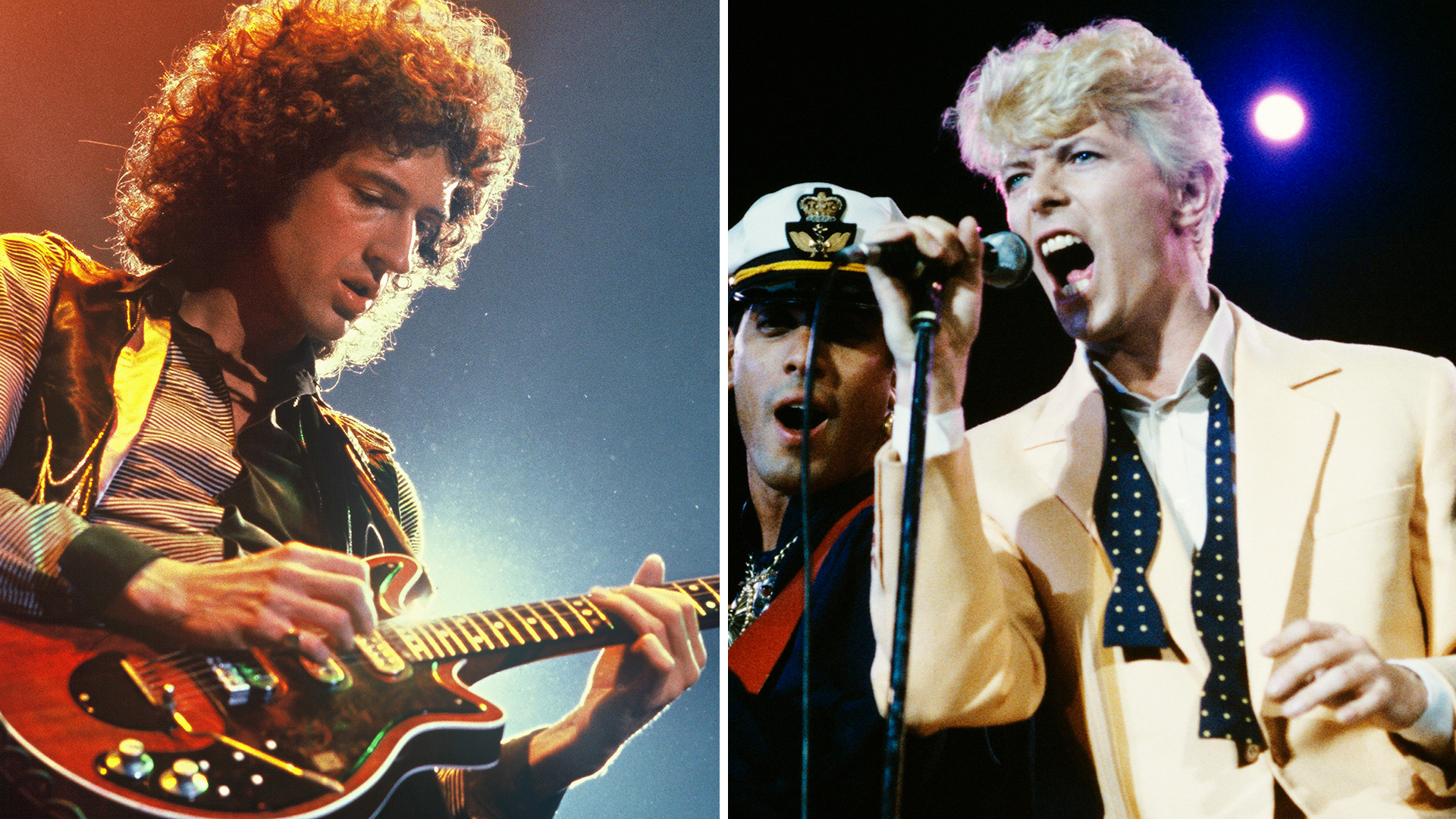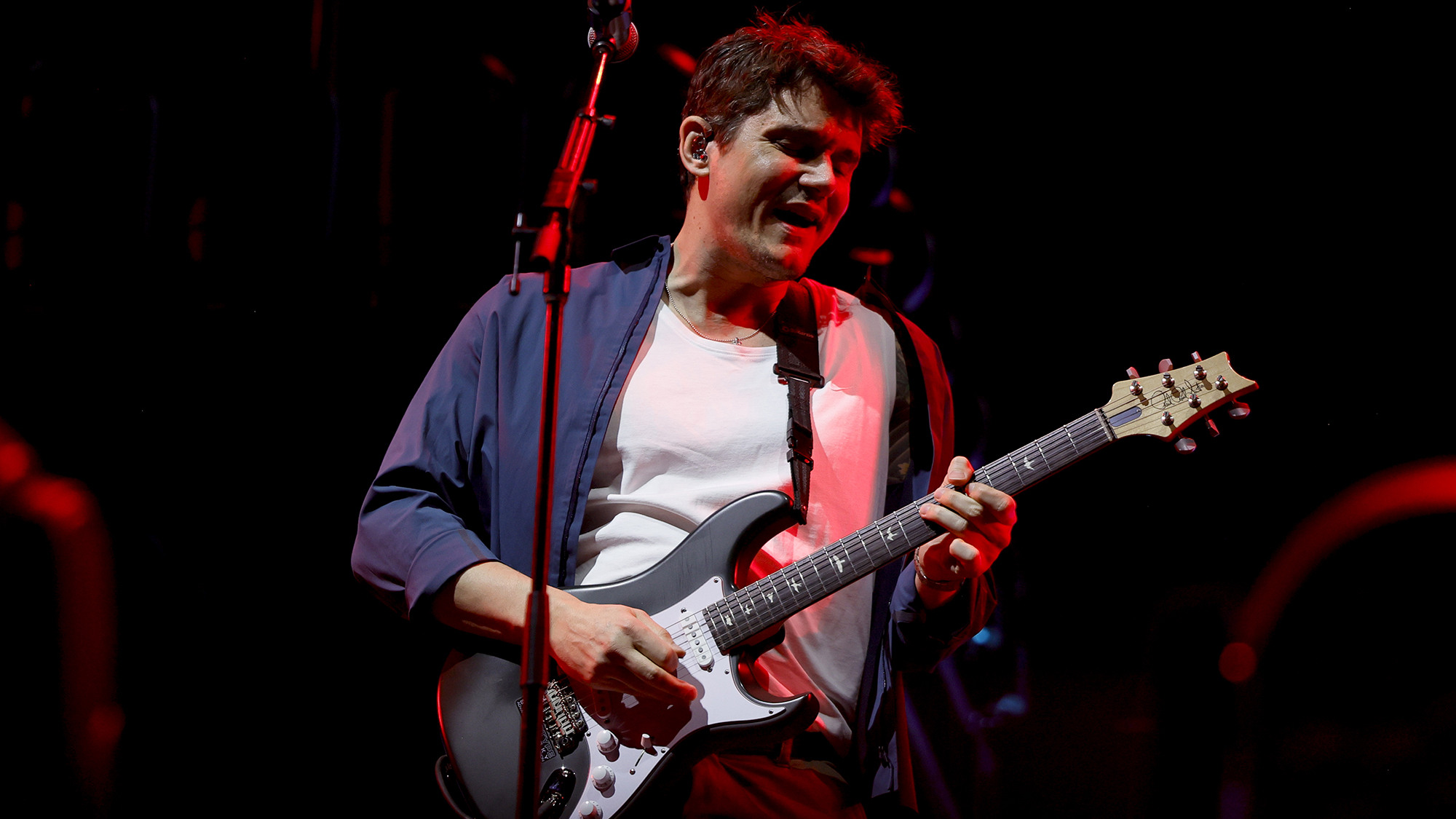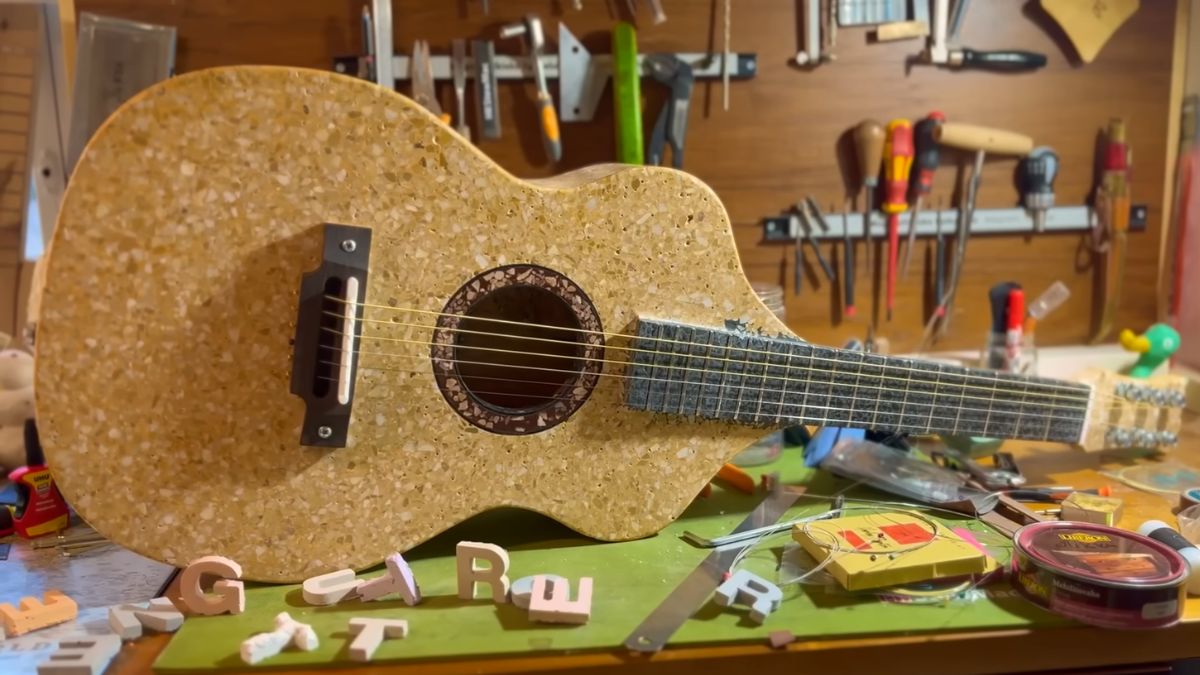“It’s probably the only time in my career I bowed out, because I knew it was going to be a fight… most of that heavy guitar was lost”: Brian May says David Bowie removed his electric guitar riffs on Under Pressure – and he never liked the results
The Queen guitar legend says the song originally sounded more like a Who-style rocker, but Bowie had other ideas…

Queen and Davie Bowie’s 1981 collaboration, Under Pressure, is regarded as one of the most successful cameo pairings of the decade. It propelled both acts further into the commercial stratosphere at a time when Bowie was about to dominate stadiums with his latest reinvention, Let’s Dance, and Queen were at the full height of their majestic rock pomp.
As a result, Under Pressure topped the charts in several countries, became an essential inclusion in the greatest hits compilations of both acts, arrived right in time for MTV’s launch and then, less than 10 years later, provided a bed for Vanilla Ice to, er, rock the mic like a vandal.
However, in a new interview with Total Guitar, Brian May reveals that the track was initially much more guitar heavy and he’s never liked the resulting mix of the song – the outcome, he says, of the somewhat fraught clash of the “awesome creative forces” of Freddie Mercury and Bowie.
“It was all done spontaneously in the studio very late at night after we had a meal and a lot of drinks,” recalls May. “And it was a pretty heavy backing track. When it gets to ‘Why can’t we give love’, we were all working on it together, and it sounded like The Who. It sounded massively chord-driven.
“And I was beaming because I liked The Who. I remember saying to David, ‘Oh, it sounds like The Who, doesn’t it?’ He says, ‘Yeah, well it’s not going to sound like The Who by the time I’ve finished with it!’ You know, in a joking kind of way. But he didn’t want it to be that way.”
As such, the classic guitar band sound that had been fleshed out in May’s mind and on tape soon evaporated, as Bowie’s input dragged the song in another direction.
“It was very difficult… because we all had different ideas of how it should be mixed,” says May.
Get The Pick Newsletter
All the latest guitar news, interviews, lessons, reviews, deals and more, direct to your inbox!
“I think it’s probably the only time in my career I bowed out, because I knew it was going to be a fight. So basically it was Freddie and David fighting it out in the studio with the mix. And what happened in the mix was that most of that heavy guitar was lost.
“And even the main riff, I played that electric, pretty much in the sort of arpeggiated style which I do live now. But that never made it into the mix. What they used was the acoustic bits which were done first as a sort of demo.”
The idea of a heavy guitar mix of Under Pressure, complete with a big central riff is an appealing proposition, but it was not to be when it came to the final production.
Since then, May has learned to live with the results, for the most part…
“I never liked it, to be honest, the way it was mixed,” May tells Total Guitar. “But I do recognise that it works. It’s a point of view, and it’s done very well. And people love it. So we play it quite a bit different live, as you probably noticed, it is a lot heavier and I think it benefits from it.
“I mean, David was an awesome creative force. But you can’t have too many awesome creative forces in the same room. It starts to get very difficult! Something has to give.”

Matt is Deputy Editor for GuitarWorld.com. Before that he spent 10 years as a freelance music journalist, interviewing artists for the likes of Total Guitar, Guitarist, Guitar World, MusicRadar, NME.com, DJ Mag and Electronic Sound. In 2020, he launched CreativeMoney.co.uk, which aims to share the ideas that make creative lifestyles more sustainable. He plays guitar, but should not be allowed near your delay pedals.










